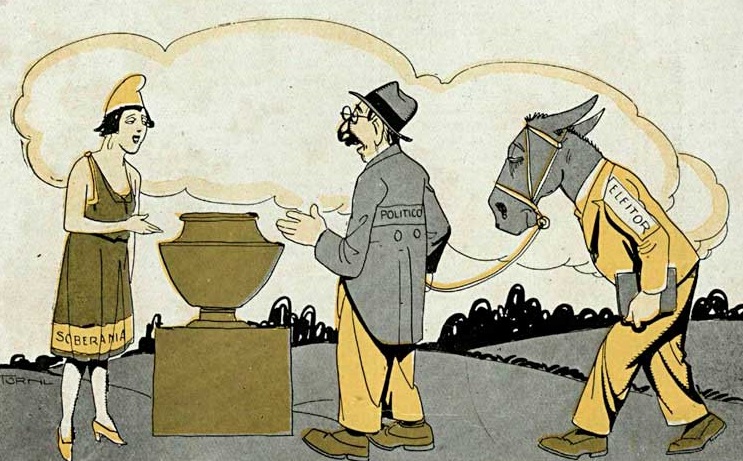Pure expression: an analysis of expressionist poems
Introduction
Expressionist poems are an art form that seeks to convey intense emotions and feelings in a direct and impactful way. In this article, we will explore the essence of the expression found in these poems, understand the main themes and characteristics of this artistic movement and analyze its importance in the history of literature. Get ready to embark on a poetic journey beyond words!
What are expressionist poems?
Definition and historical context
Expressionist poems are an artistic strand that emerged in the early 20th century, as a response to feelings of anxiety, alienation, and despair caused by modern life. This movement originated in Germany but quickly spread to other countries.
Features of expressionist poems
Expressionist poems are known for their emotional intensity and for portraying the inner, subjective world of the poet. They usually feature highly emotive poetic language, frequent use of metaphors and symbolic imagery, and a subjective approach to reality. Common themes found in this type of poetry include love, fear, death, existential angst, and the search for meaning in life.
Analysis of the main expressionist poems
“Der Sturm” – August Stramm
“Der Sturm” is an expressionist poem written by the German poet August Stramm. In this poem, Stramm uses chaotic and fragmented language to convey a sense of turmoil and inner conflict. Through violent imagery and unusual words, Stramm portrays war as a metaphor for the confrontations of everyday life.
“Lost Generations” – Georg Heym
“Lost Generations” is an expressionist poem written by Georg Heym. In this work, Heym portrays a disillusioned and alienated society, where people feel lost and unable to find meaning in their lives. With somber language and strong imagery, the poem reflects the anguish and loneliness of the individual in the modern age.
“I saw a new world” – Else Lasker-Schüler
“I saw a new world” is an expressionist poem written by Else Lasker-Schüler, one of the few female poets of the expressionist movement. In this poem, Lasker-Schüler describes a utopian vision of a renewed world, where peace and harmony replace violence and war. With lyrical language and vivid imagery, the poem conveys hope for a new age.
Importance of expressionist poems
Expressionist poems played a key role in the history of literature, as they were a form of artistic expression that broke with traditional ideas of poetry. These poems opened up space for greater experimentation and freedom in poetic language, inspiring future generations of poets to explore new forms of expression.
Furthermore, expressionist poems captured the essence of human feelings and emotions in a profound way, revealing the complexity of the human condition. They made possible the direct and visceral expression of internal conflicts and existential anxieties, providing readers with an intimate and impactful experience.
Conclusion
Expressionist poems are a captivating and intense artistic manifestation that seeks to convey human emotions in a pure and direct way. Through their emotive language and powerful imagery, these poems take us on a journey through the labyrinths of the human soul, addressing universal themes such as love, fear, death and hope. Expressionist poems form an important part of literary history, challenging conventions and showing us the limitless capacity of poetic language.
Common questions
1. What are the main characteristics of expressionist poems?
Expressionist poems are known for their emotional intensity and for portraying the inner, subjective world of the poet. They often use highly emotive poetic language, metaphors and symbolic images, in addition to addressing themes such as love, fear, death, existential anguish and the search for meaning in life.
2. What is the origin of expressionist poems?
Expressionist poems emerged in Germany in the early 20th century as a form of artistic expression in response to modern life and feelings of anxiety, alienation and despair. This movement soon spread to other countries.
3. What are some of the most famous expressionist poems?
Some of the most famous expressionist poems include “Der Sturm” by August Stramm, “Lost Generations” by Georg Heym, and “I Saw a New World” by Else Lasker-Schüler.
4. What is the importance of expressionist poems in the history of literature?
Expressionist poems played a key role in the history of literature, as they broke with traditional ideas of poetry and opened up space for greater experimentation and freedom in poetic language. Additionally, they capture the complexities of the human condition and offer readers an intimate and impactful experience.
5. How did expressionist poems influence later poetry?
Expressionist poems inspired future generations of poets to explore new forms of expression, allowing for greater experimentation and freedom in poetic language. They also influenced the approach to universal themes and the direct and visceral expression of internal conflicts and existential anxieties.



